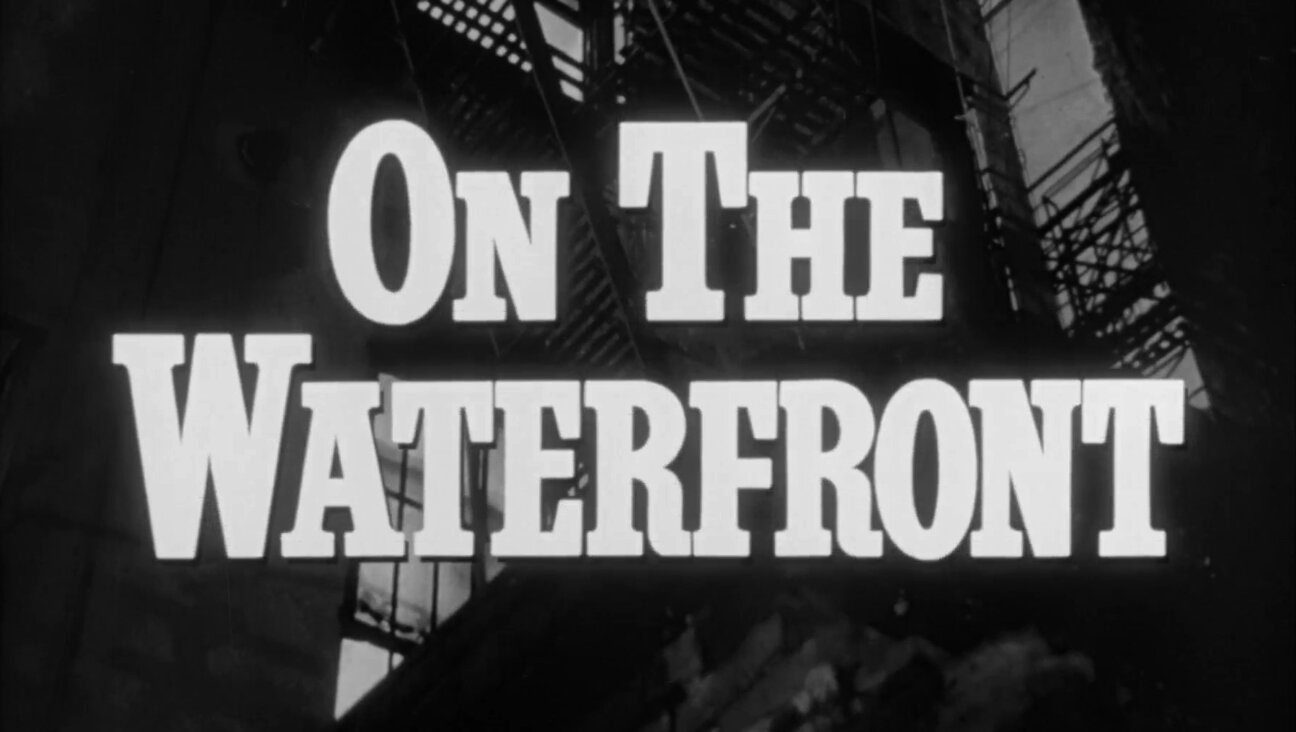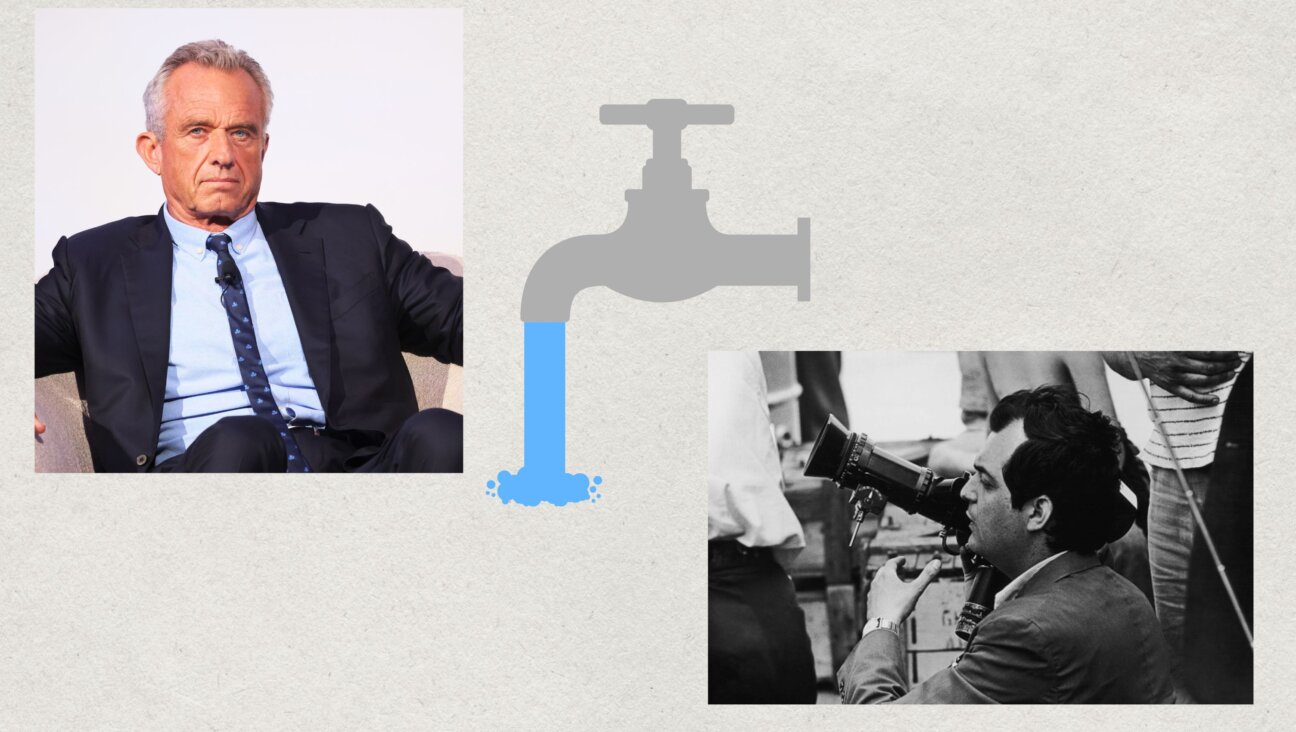Woody Allen’s New York, RIP


So it’s not surprising that a quintessential New Yorker like Woody Allen would be a little sad nowadays; the city he lovingly immortalized in his films is being despoiled. In an interview with the Daily News, Woody Allen succinctly sums up the trouble with the new New York:
There are certain areas that have not been encroached upon too much — Carnegie Hill, the West Village, Tudor City, places that are still lovely to look at. But once they put up those big new buildings, it looks the same as Houston.
I’ve been in fights and gone to City Hall and Landmark Commission and neighborhood planning [events]. There are always lovely things being torn down and huge, profitable things put up. I’m not against development, but I am against it when it’s not a plus for the city, and the plus can’t always be equated with financial profit.
A message from our CEO & publisher Rachel Fishman Feddersen

I hope you appreciated this article. Before you go, I’d like to ask you to please support the Forward’s award-winning, nonprofit journalism during this critical time.
At a time when other newsrooms are closing or cutting back, the Forward has removed its paywall and invested additional resources to report on the ground from Israel and around the U.S. on the impact of the war, rising antisemitism and polarized discourse.
Readers like you make it all possible. Support our work by becoming a Forward Member and connect with our journalism and your community.
— Rachel Fishman Feddersen, Publisher and CEO























